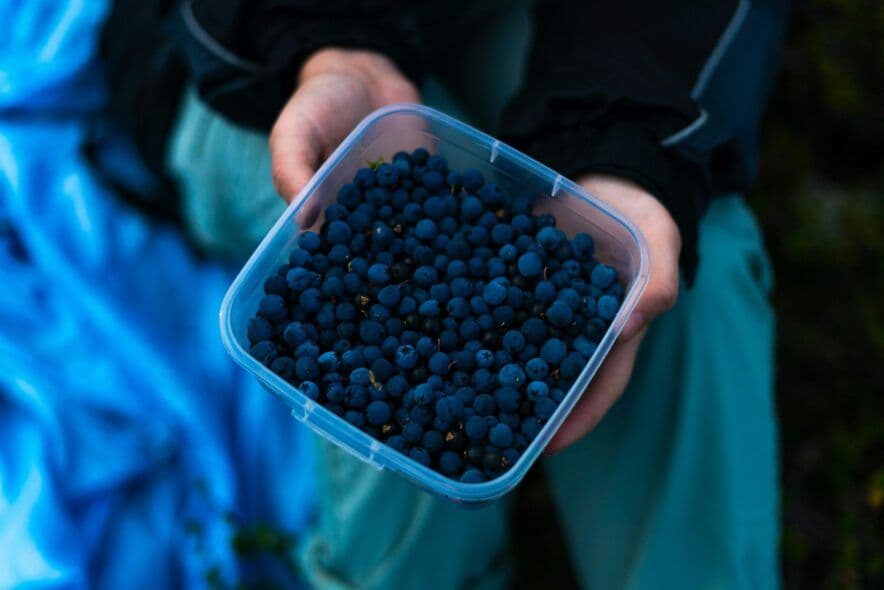Compliance
Queensland Government warns against the 3 second rule myth

FDC-Friendly
Freya Lucas
Sep 19, 2024
Save
The Queensland Government has warned early childhood education and care (ECEC) providers against falling into the ‘3 second rule’ misconception which leaves some services believing that food which has only been on the floor for a very short period of time is still ok to eat.
“If food is dropped on the floor at any time, it is not safe to eat,” the information from the Department of Education notes.Reusing dropped food, sharing water bottles between children and not putting gloves on when wiping noses are just some of the examples of poor hygiene practices that the regulatory authority has witnessed recently and that should be avoided.
There are a number of reasons why it is so important to prioritise good hygiene and minimise outbreaks of sickness in early childhood education and care services, and the impacts this has on children and families, including:
The reality of bacterial contamination
Bacteria and other microorganisms can attach to any surface, especially to a moist piece of food. Not only that, but bacteria multiply the second they come into contact with a surface, no matter how brief the period of contact.
Potentially dangerous pathogens such as salmonella and E. coli can live on hard surfaces for days and can cause mild to severe gut infections.
There is no safe time for food to be on the floor and it must be thrown out to maintain good hygiene and prevent illness.
Good hygiene practices are key
Bacteria and viruses have a long life on everyday objects. In an ECEC setting, this means they can live on play equipment, toys, cups or utensils, water bottles and even paper.
This is particularly concerning as it suggests that the transfer rates to food from inanimate objects could be high, leading to potential contamination.
For instance, a teething baby might drool on an educator who doesn't sanitise their hands or wear gloves before setting out the cups and utensils for meal time, leading to the spread of bacteria and possible infection.
How to prioritise hygiene
Here are some tips for prioritising hygiene with children:
- Maintaining hand hygiene is crucial at all times.
- Be vigilant about putting gloves on before wiping children’s noses and before meal service.
- Ensure children's drink bottles are full and always close so that there's never a need for sharing.
- Never let children have a sip of your water bottle.
- When meals are shared, always have extra utensils in case one is dropped on the floor.
- If a child drops food on the floor, never give it back, instead, identify if they are still hungry and offer them a replacement.
“Meal times can sometimes be stressful with young children, but it's vital to never let hygiene slip,” a Department representative said.
“Always remember, there is no safe time for food to be on the floor.”
All early childhood services are encouraged to complete the free food handler training course—DoFoodSafely to understand:
- safe handling of food
- food contamination
- cleaning and sanitising of food premises and equipment
- personal hygiene.
For more information please see the Department’s Health and Hygiene Regulatory Priority document.
Don’t miss a thing
Related Articles



















